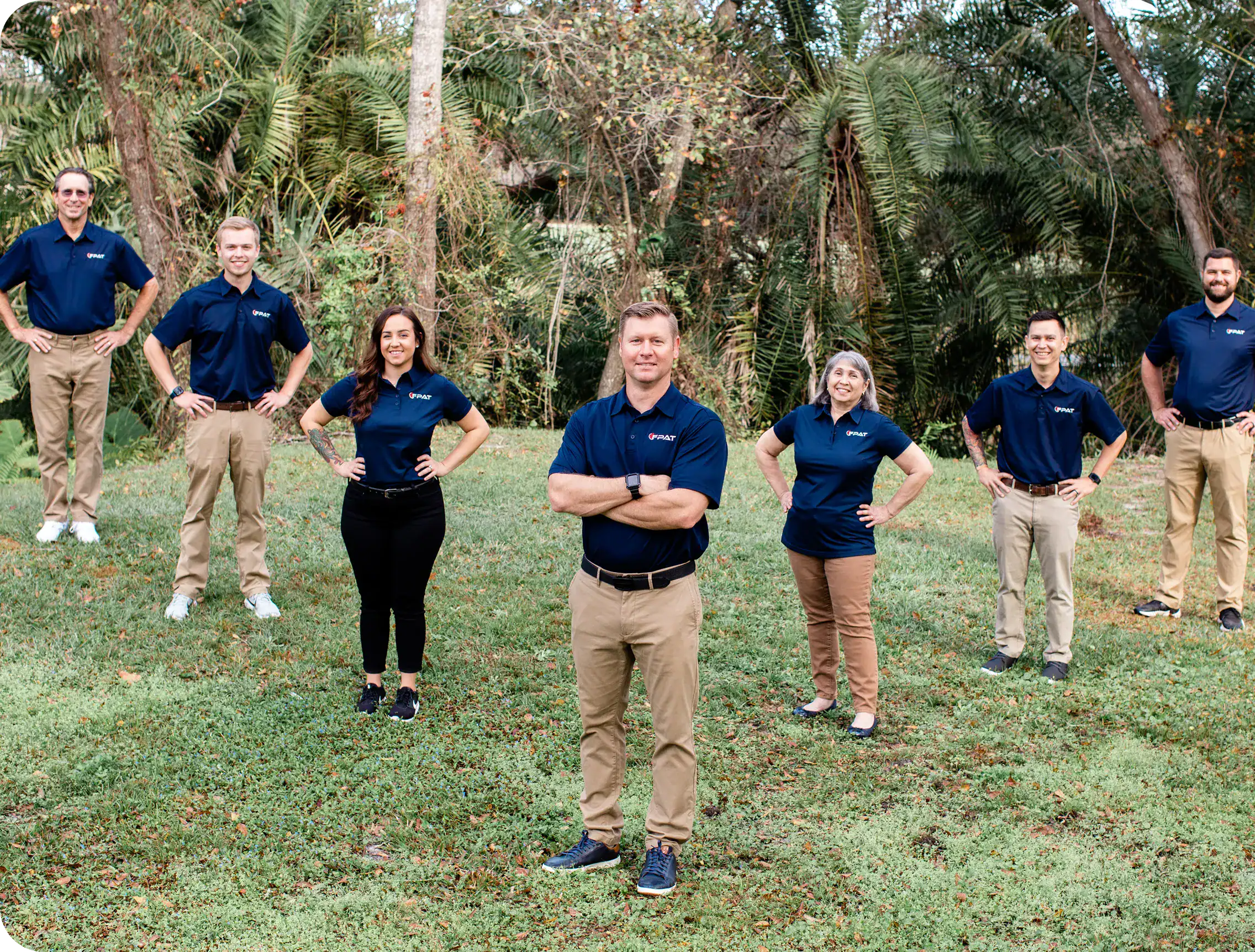Florida Property FAQ: Expert Answers on Reserve Studies, Insurance Appraisals & Wind Mitigation
Insurance Appraisals FAQs
How often does a Condominium Association need to update their Insurance Appraisal?
According to Florida Statute 718.104, adequate property insurance must be based on replacement cost determined by an independent appraisal or update at least every 36 months. This ensures coverage for full insurable value amid Florida's rising costs and risks.
How often does a Homeowners Association need to update their Insurance Appraisal?
While not mandated by Florida law, most insurance carriers require HOAs to update appraisals every 36 months to maintain coverage and avoid underinsurance penalties.
Who is qualified to perform an Insurance Appraisal?
Qualified professionals include licensed insurance experts, construction pros, and real estate appraisers familiar with Florida's building codes and replacement costs.
What is the difference between a Real Estate Appraisal and an Insurance Appraisal?
A real estate appraisal assesses market value (including land), while an insurance appraisal focuses on reconstruction costs using like-kind materials—excluding land value—for accurate coverage.
What are insurance exclusions?
Common exclusions include basement excavation, below-grade foundations, and underground utilities, varying by policy. Review your Florida-specific terms to avoid gaps.
Who is responsible for insuring unit owner air conditioning equipment in a condominium?
Per Florida Statute 718 (2008 amendment), associations insure AC components as originally installed, even if defined as limited common elements. Unit owners cover personal items like appliances.
Why is the flood insurance value higher than the hazard insurance value for condos?
Flood policies (NFIP RCBAP) cover all building components, including foundations and unit finishes, up to $250,000 per unit. Hazard insurance excludes these, focusing on association responsibilities.
Reserve Studies FAQs
What is a Reserve Study?
A reserve study is a 30-year plan assessing common elements' condition, lifespan, and replacement costs for Florida condos/HOAs. It includes a funding schedule to avoid special assessments, crucial post-Surfside. Learn more about FPAT's reserve studies.
How much does a reserve study cost in Florida?
Costs range from $2,500–$10,000 for standard studies; $5,000–$15,000+ for SIRS, depending on property size, complexity, and HB 913 requirements. Factors: Coastal location adds 15-30% for corrosion assessments.
Is a Reserve Study mandatory in Florida?
Yes for condos 3+ stories via SB 4-D; SIRS required every 10 years, no waivers after 2024. HOAs optional but recommended under Florida Statute 720.303 for best practices.
How long is a reserve study good for in Florida?
SIRS valid for 10 years legally; update every 3-5 years per CAI guidelines to account for inflation and wear from Florida's climate.
How often should an HOA have a reserve study done?
Every 3-5 years recommended; not mandatory but essential for financial planning under Florida Statute 720.303 to prevent assessments.
How often should the Reserve Study be updated?
Update every 3 years; many FPAT clients do annually for accuracy in Florida's harsh environment. Read our guide on updates.
What is a Condo Reserve Study?
A financial tool evaluating major components like roofs and elevators, estimating costs amid Florida's hurricanes, high-rises, and mandates. Avoid risks—contact FPAT.
- Environmental Risks: Storms accelerate wear.
- Aging Buildings: Increased maintenance needs.
- Post-Surfside: Legal necessity for safety.
Wind Mitigation FAQs
How often does a Windstorm Mitigation Affidavit need to be updated?
Every 5 years, or after changes like new roofing. Inspections cost ~$100 and can save on premiums.
How long does it take to get a report?
Up to 30 days from signed agreement; delays if attic access isn't provided.
Why do you need attic access?
To verify features like roof-to-wall connections for discounts; photographic evidence required. Client arranges access—no door-knocking by FPAT.
Get Your Free Florida Compliance Checklist
- SIRS requirements
- Reserve study updates
- Insurance tips
- And more
We're Available To Have A Conversation

